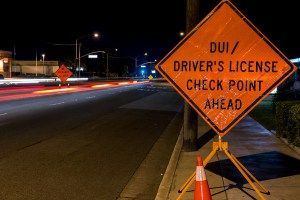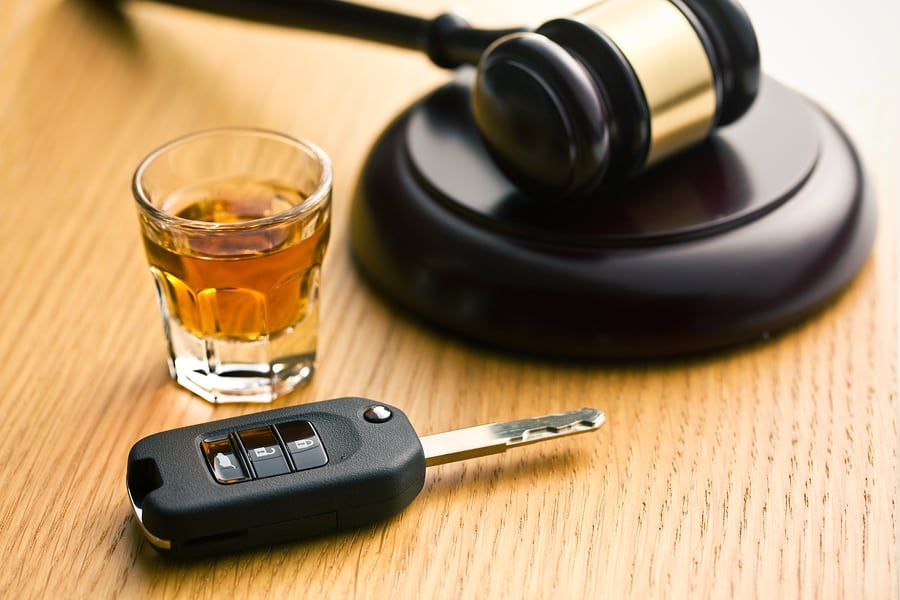 To prevent drunk driving and help save lives, law enforcement agencies around the country put up sobriety checkpoints. These checkpoints serve the public by allowing police officers to check for drunk drivers before they get into an accident and by letting the public know that officers are paying the matter extra attention. Unfortunately, some adults only do the right thing when they think someone is watching them or that they’re more likely to get caught. Sobriety checkpoints offer those kinds of drivers extra incentive to follow the law by not drinking and driving.
To prevent drunk driving and help save lives, law enforcement agencies around the country put up sobriety checkpoints. These checkpoints serve the public by allowing police officers to check for drunk drivers before they get into an accident and by letting the public know that officers are paying the matter extra attention. Unfortunately, some adults only do the right thing when they think someone is watching them or that they’re more likely to get caught. Sobriety checkpoints offer those kinds of drivers extra incentive to follow the law by not drinking and driving.
- Virginia sobriety checkpoint laws must follow a mathematical pattern. For example, officers may pull over every 4th driver that drives through the checkpoint.
- The actual locations for the checkpoints may be random, but there are websites that drivers can check for potential checkpoint spots.
- Sobriety checkpoints must also be announced to the public, in order to fulfill the “implied consent” requirement of the law.
- Virginia sobriety checkpoint laws mandate that you cannot be detained for a lengthy period of time.
- Not only can law enforcement not detain you for long, they also have to have obvious signs of potential inebriation in order to keep you longer.
To many, it seems that the checkpoints violate the probable cause protections we all enjoy. However, the United States Supreme Court has ruled that the benefits of sobriety checkpoints outweigh the “degree of intrusion.” Keeping you and everyone else on the roads safe from drunk drivers is a greater priority, and if you aren’t drinking and driving, you will be sent on your way.
Since sobriety checkpoints help prevent 1 in 10 DUI fatalities, they are necessary for the safety of all drivers on the road. The inconvenience of waiting to get through the checkpoint is well worth the peace of mind of knowing that less drunk drivers are on the same road you are traveling.

